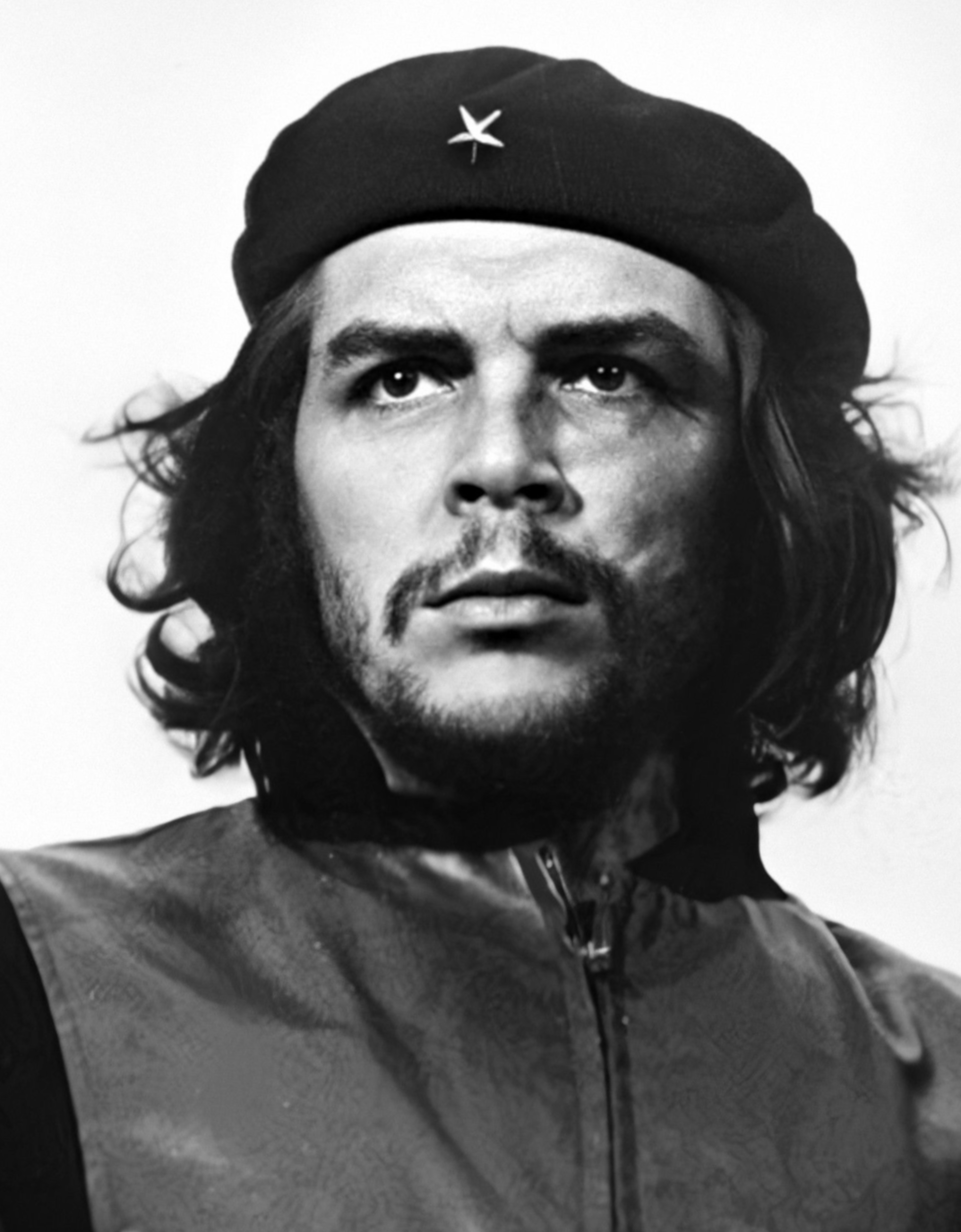In Honor of Anniversary Of The July 26th
Movement
From The Pen Of Frank Jackman (2015)
Every leftist, hell,
everybody who stands on the democratic principle that each nation has the right
to self-determination should cautiously rejoice at the “defrosting” of the
long-time diplomatic relations between the American imperial behemoth and the
island of Cuba (and the freedom of the remaining Cuban Five in the bargain).
Every leftist militant should understand that each non-capitalist like Cuba
going back to the establishment of the now defunct Soviet Union has had the
right (maybe until we win our socialist future the duty) to make whatever
advantageous agreements they can with the capitalist world. That despite
whatever disagreements we have with the political regimes ruling those
non-capitalist states. That is a question for us to work out not the
imperialists.
For those who have
defended the Cuban Revolution since its victory in 1959 under whatever political
rationale (pro-socialist, right to self-determination, or some other hands off
policy) watching on black and white television the rebels entering Havana this
day which commemorates the heroic if unsuccessful efforts at Moncada we should
affirm our continued defense of the Cuban revolution. Oh yes, and tell the
American government to give back Guantanamo while we are at it.
Commentary
A recent news item out of Argentina concerning the dedication of a memorial to Che Guevara caught my eye. Apparently forty years after his death the legendary guerrilla fighter and hero of the Cuban Revolution is being honored with a statute in his hometown of Rosario. This event has not been without controversy, nor should it have been if one understood Che’s life at all, among residents there over the appropriateness of the gesture. That controversy is nevertheless neither here nor there for those of us still trying to make the revolution. Whatever political differences Che and this writer had over the questions of the right strategy for pushing the fight for socialism forward we would, I am sure, agree today that a fitting memorial for a revolutionary is not some slab of stone or metal in Argentina but to get out and organize the struggle. With that in mind a couple of comments about Che’s influence and about the real way to honor Che are in order.
Political activists of many persuasions including at that time this left liberal writer, not just radicals and revolutionaries, saw Che coming out of the Cuban Revolution as a figure larger than life. Trained as a doctor he could have pursued that career and carved a small niche for himself in the medical profession in the Argentine. He nevertheless rejected that path as too narrow for his huge appetites for life. Moreover the Argentine itself was eventually too narrow for his interests.
I have mentioned elsewhere in reviewing one of the of the many biographies about him that, in the end, he was that classic Latin revolutionary in the mold of the 19th century revolutionary Louis Auguste Blanqui- the man of the barricades (or rather one of its modern equivalents- the hills). And so a quick outline of the saga of Che’s life would indicate- the eye-opening travel chronicled in the Motorcycle Diaries, Guatemala during the CIA coup against the Arbenz government, on the lamb in Mexico, the decisive Cuban revolutionary experience by linking up with Fidel Castro in the mid-1950’s, the hard fought, if fruitless, efforts to push African liberation struggles forward and, finally, death in the god-forsaken hills of Bolivia- fighting to the end. A post- war American youth generation (the Generation of ’68) deeply influenced by Jack Kerouacs’s On The Road and ready to ‘storm heaven’ politically could relate to that resume. Combine that with Che’s deeply held moral sense of justice (although, obviously marred by that Stalinist voluntarist streak that he also exhibited) and you have a very appealing political role model.
As mentioned above the political gap between Che and this writer over time only got wider as I got closer to understanding the necessity of relying on the centrality of the working class in the struggle for socialism and he went in search of the “new” socialist man out in the foothills in some adventure seemingly driven by Jean Jacques Rousseau rather than Karl Marx. Yet this writer, and any thoughtful person could, and can, admire a man who out of an intense sense of the injustices of the world sees the need to pick up the gun in order to slay the dragons. Yes, this man Che deserves some honor but not that one that they have erected to him in Rosario. Here is how one can really honor Che. Fight to Free The Cuban Five. Fight to Defend the Cuban Revolution. Most importantly though, fight the struggle here in the “belly of the beast”. That would be more than enough to truly honor this subjective revolutionary.
